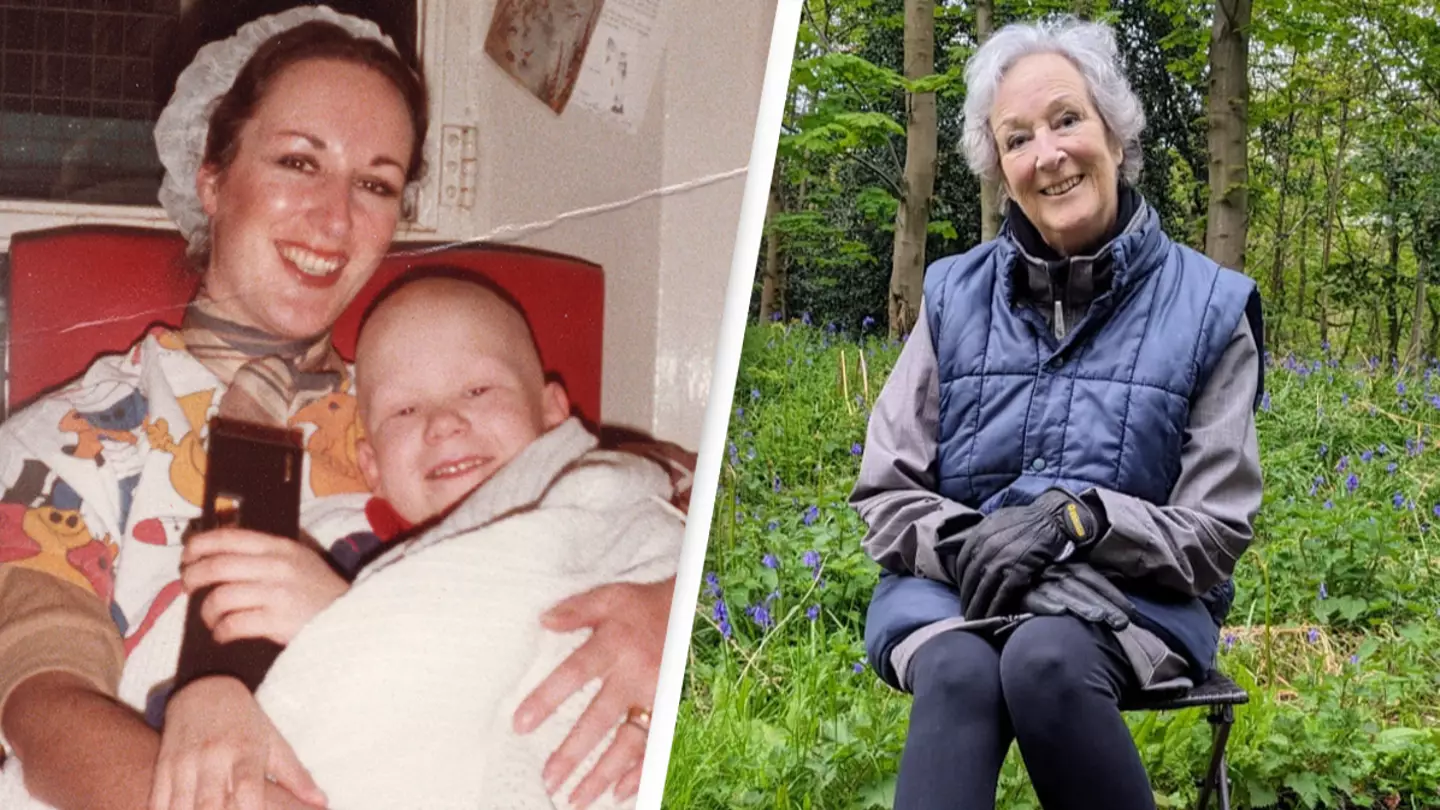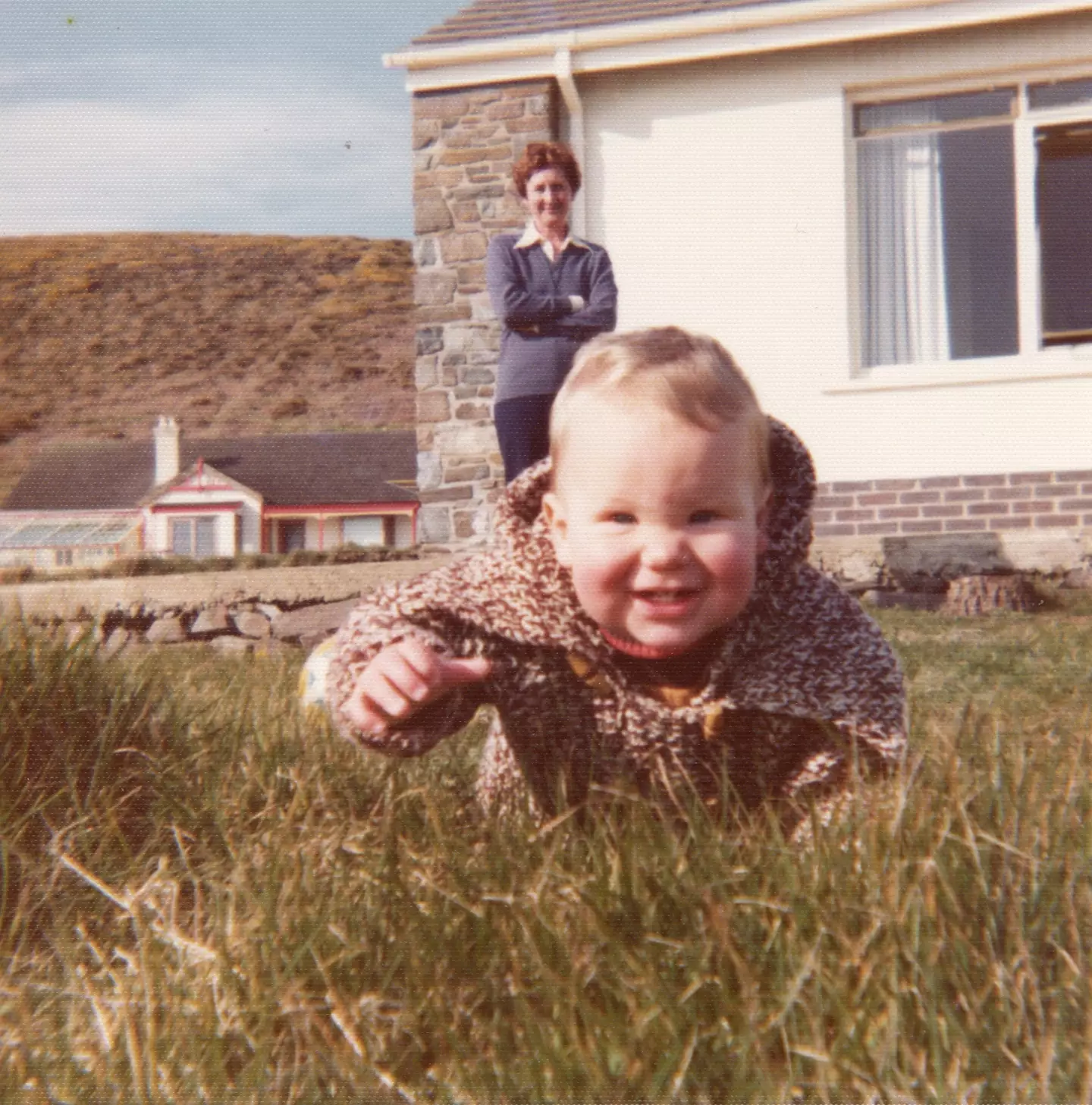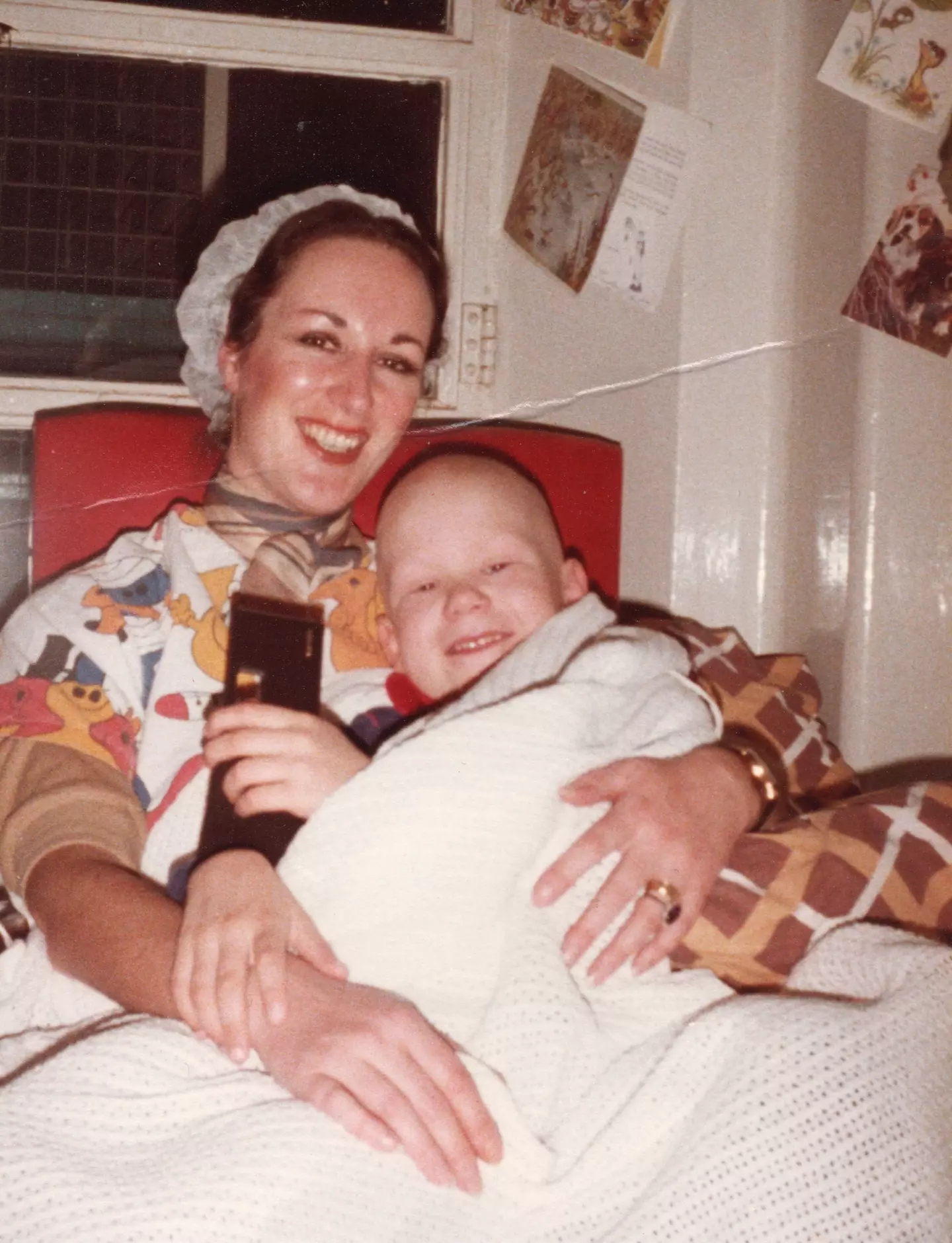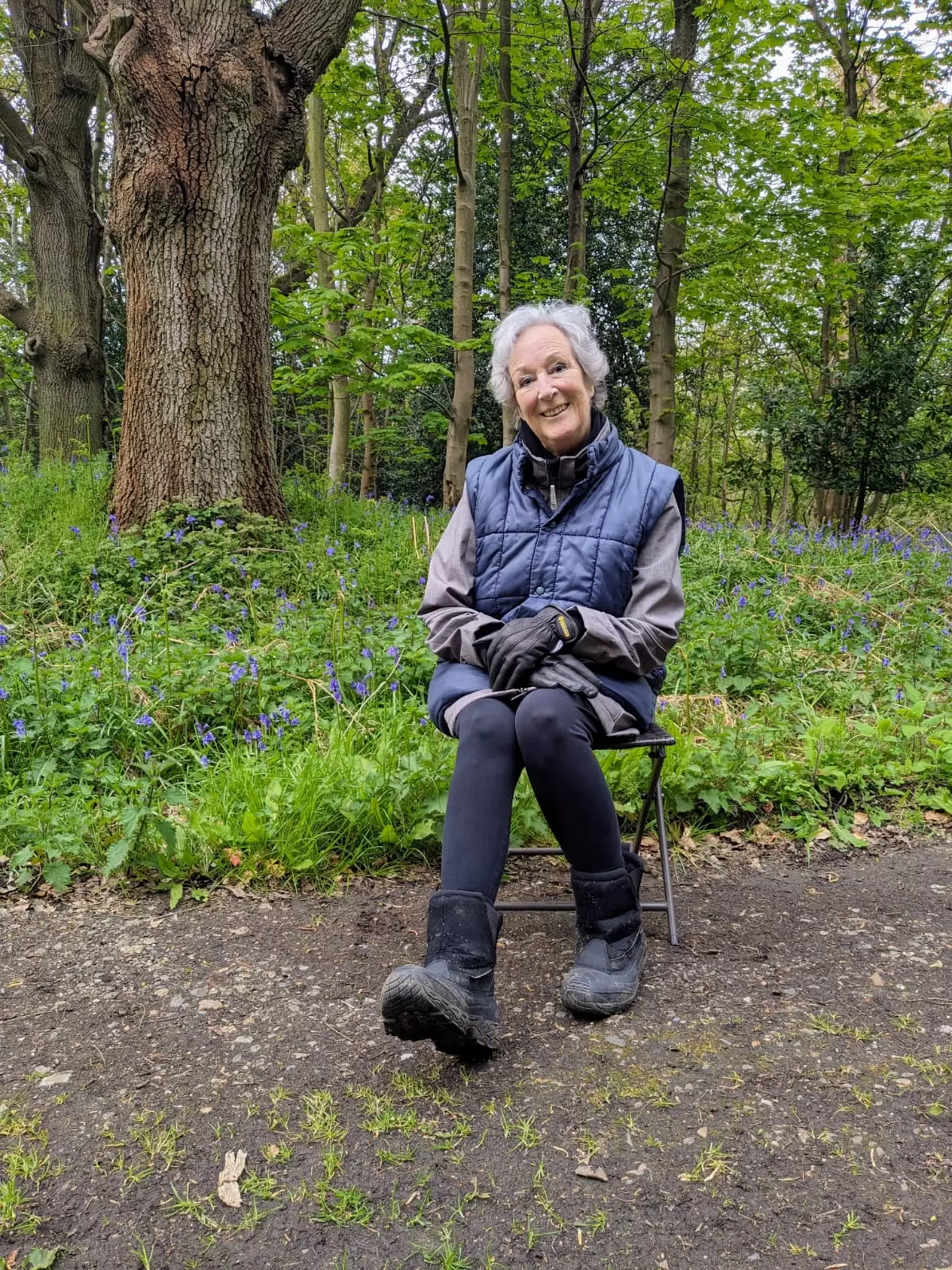
Warning: this article discusses the death of a child which some readers may find distressing.
The death of a child is one of the hardest things someone could go through, and days before her passing, Antonya Cooper revealed heartbreaking details regarding her seven-year-old son’s death in 1981.
As she lived out her final days suffering from terminal breast, pancreatic, and liver cancer, the 77-year-old founder of Neuroblastoma UK admitted to assisting in her terminally ill child’s death over 40 years ago to put him out of his misery.

Advert
Cooper’s son, Hamish, was diagnosed with stage 4 neuroblastoma, a rare form of cancer typically found in children, in 1979. At just five-years-old, Hamish was expected to survive three months following his diagnosis. However, the child instead survived 16 months of treatment that, while extending his life, negatively impacted his body physically.
Because of her son’s constant and unending pain, Cooper made the decision to give Hamish a large dose of morphine, ending his life before his severe and aggressive cancer could do any more damage.
"I feel very strongly that at the point of Hamish telling me he was in pain, and asking me if I could remove his pain, he knew, he knew somewhere what was going to happen,” Cooper explained to BBC News.

In the United Kingdom, assisted death of this kind–commonly known as euthanasia–is illegal, which was something that Cooper was well aware of when she confessed to her actions.
"It was the right thing to do,” Cooper reaffirmed, “My son was facing the most horrendous suffering and intense pain, I was not going to allow him to go through that."
“If they come 43 years after I have allowed Hamish to die peacefully, then I would have to face the consequences. But they would have to be quick, because I'm dying too.”
When speaking about leaving humans to suffer instead of helping them die peacefully, Cooper spoke rather bluntly about the subject: “We don't do it to our pets. Why should we do it to humans?”

Cooper was an advocate for changing the laws concerning assisted death, which have remained illegal in the UK even four decades after Hamish’s death. As it currently stands, euthanasia could result in up to 14 years in prison if found guilty.
The Neuroblastoma UK founder spoke to PA Real Life about the laws, saying: “The whole point of assisted dying is to be able to seek a kind end for yourself if you know you’re going anyway and not to be wracked with pain and not to be testing the facilities of some local loving hospice.”
